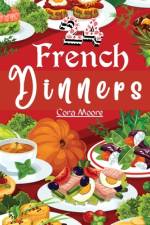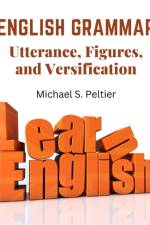von John C. Rhyne
20,00 €
A Noun is the name of any person, place, or thing, that can be known or mentioned: as, George, York, man, apple, truth. All words and signs taken technically, (that is, independently of their meaning, and merely as things spoken of,) are nouns; or, rather, are things read and construed as nouns; because, in such a use, they temporarily assume the syntax of nouns. An Adjective is a word added to a noun or pronoun, and generally expresses quality: as, A wise man; a new book. You two are diligent. Adjectives have been otherwise called attributes, attributives, qualities, adnouns; but none of these names is any better than the common one. Some writers have classed adjectives with verbs; because, with a neuter verb for the copula, they often form logical predicates: as, "Vices are contagious." The Latin grammarians usually class them with nouns; consequently their nouns are divided into nouns substantive and nouns adjective. With us, substantives are nouns; and adjectives form a part of speech by themselves. This is generally acknowledged to be a much better distribution. Adjectives cannot with propriety be called nouns, in any language; because they are not the names of the qualities which they signify. They must be added to nouns or pronouns in order to make sense. But if, in a just distribution of words, the term "adjective nouns" is needless and improper, the term "adjective pronouns" is, certainly, not less so: most of the words which Murray and others call by this name, are not pronouns, but adjectives.






























